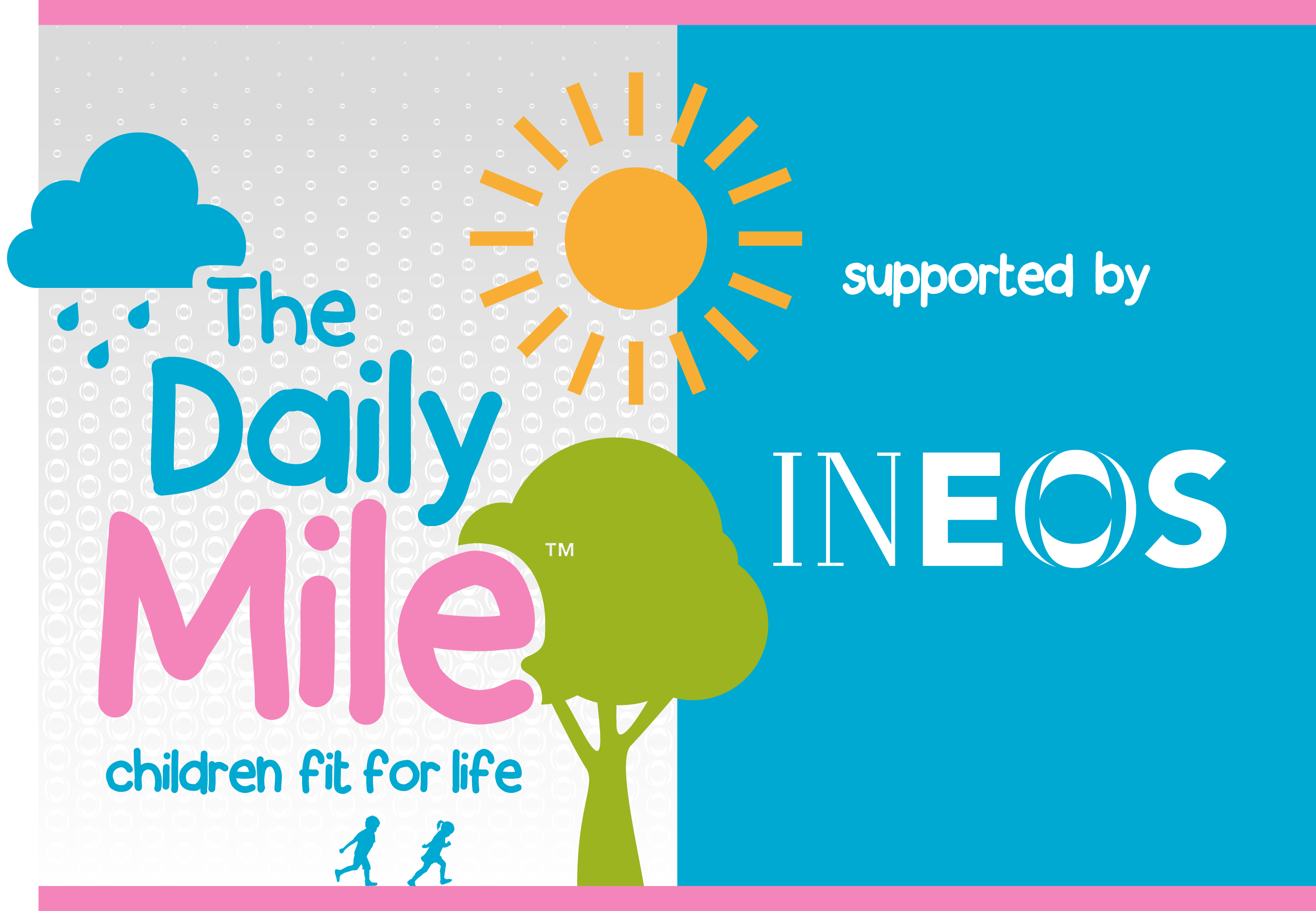The Daily Mile supports early childhood mental health

Our brains connect to our bodies. Something that affects the body on the outside, affects it on the inside as well.
Before the start of the COVID-19 pandemic, depression was present in four percent of children 3 to 17. And, children’s depression and anxiety rates may have doubled since then.
But, there are simple things that can have a positive impact.
![]() Physical activity is especially important for early childhood mental health. Increased periods of depression and anxiety relate to increased periods of sitting. (Iowa State University)
Physical activity is especially important for early childhood mental health. Increased periods of depression and anxiety relate to increased periods of sitting. (Iowa State University)
![]() Physical activity not only reduces symptoms of depression. It also increases the brain’s ability to change and adapt to different situations. (Ruhr-University Bochum)
Physical activity not only reduces symptoms of depression. It also increases the brain’s ability to change and adapt to different situations. (Ruhr-University Bochum)
Studies prove that a daily 15-minute run reduces the risk of depression by up to 26%. (Harvard University) The Daily Mile is the perfect activity to help with early childhood mental health.
What is The Daily Mile?
The Daily Mile is a whole-child physical activity initiative. It has lots of benefits. During The Daily Mile teachers and their students go outdoors to run, walk, jog or roll for 15 minutes.
But the program is more than a physical activity initiative. It provides social and emotional benefits to support early childhood mental health. It is an easy addition to any SEL curriculum.
In fact, several Daily Mile resources promote early childhood mental health.
The Daily Mile Mood Meter helps kids identify and name their emotions. A Class Evaluation can show how students have changed since starting The Daily Mile. Have students write down how they feel after doing The Daily Mile. How has their mood changed since they have kept the habit up?
Self-esteem is also a big component of childhood mental health. The Daily Mile Journal of Joy, in English and Spanish, talks about self-esteem. The Journal has activities that allow students to think about what makes them unique.
Another way to bolster self-esteem is to offer words of encouragement. The Daily Mile Extra Note Home is in English and Spanish. It allows a teacher to recognize a student for a job well done in the classroom. By sending this note home teachers are also able to foster positive relationships. The note opens the door to a dialogue between teachers and parents. This connection leads to a more supportive environment for the student.

Creating a sense of community also supports early childhood mental health. The Daily Mile does this. Teachers and students do The Daily Mile together so everyone feels connected. Conversations can be had and relationships can form.
“My daughter loves The Daily Mile,” a parent from Lima, Ohio said. “She comes home and tells me how she was able to help students who were sad that day.”
Marisa Bible is a counselor from Galveston ISD in Texas. She loves that teachers can connect with their students during The Daily Mile. Hear more from her about all the mental and social-emotional benefits of The Daily Mile.
Are your students struggling with more than anxiety or depression? Do you need a way to provide them with more mental health support? The Daily Mile partners with Erika’s Lighthouse. They provide resources for students and teachers. The resources are all designed to foster conversations around mental health.




